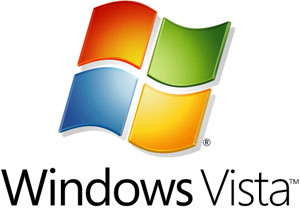
Heads are starting to roll at Microsoft as a result of the most recent delays announced to Vista - the next version of Windows. But what's not clear is whether the changes are justified or if they'll make any real difference long-term?
As we reported, business versions of Vista won't be widely available until November and the date for consumers versions is now January 2007.
Perhaps Microsoft's most significant response to the delay is to move senior VP Steven Sinofsky - one of the people said to have convinced Bill Gates of the importance of the internet - over from bossing MS Office to take charge of product planning and engineering for Windows and Windows Live, replacing senior VP Brian Valentine.
Sinofsky is reported as having a good record in getting different versions of Office finished and delivered on time - a new version, seemingly, is ready to roll when Vista arrives.
But there is really no comparison between Office and Windows in terms of complexity or the restraints under which each is written. Consequently, Sinofsky's transfer doesn't necessarily guarantee things will be different for subsequent versions of Windows.
The ins and outs of why Windows is such a swine to get finished are examined in an highly-readable article written for The New York Times by Steve Lohr and John Markoff. Their explanation is that backward compatibility is the burden that Windows has to carry and manage, as well as being one of the main things that makes it so massively popular. They say,
...each new version of
Windows carries the baggage of its past. As Windows has grown, the
technical challenge has become increasingly daunting. Several thousand
engineers have labored to build and test Windows Vista, a sprawling,
complex software construction project with 50 million lines of code, or
more than 40 percent larger than Windows XP.
They also have some telling quotes from industry pundits
including this one from Harvard Business School
professor David B Yoffie, "Windows is now so big and
onerous because of the size of its code base, the size of its ecosystem
and its insistence on compatibility with the legacy hardware and
software, that it just slows everything down. That's why a company like
Apple has such an easier time of innovation."
The general thrust of the piece is that MS might only ever get Windows really under control if it abandons backward compatibilty - doing something similar to what Apple did with its introduction of the OS X operating system.
But what kind of chaos that move would cause worldwide Lohr and Markoff don't say and nor do any of the many commentators they quote.
Your thoughts on Vista and the future development of Windows are, naturally, welcome in the HEXUS.community.
HEXUS.links
The New York Times report
InformationWeek report
Blog by MS insider on Vista delays













